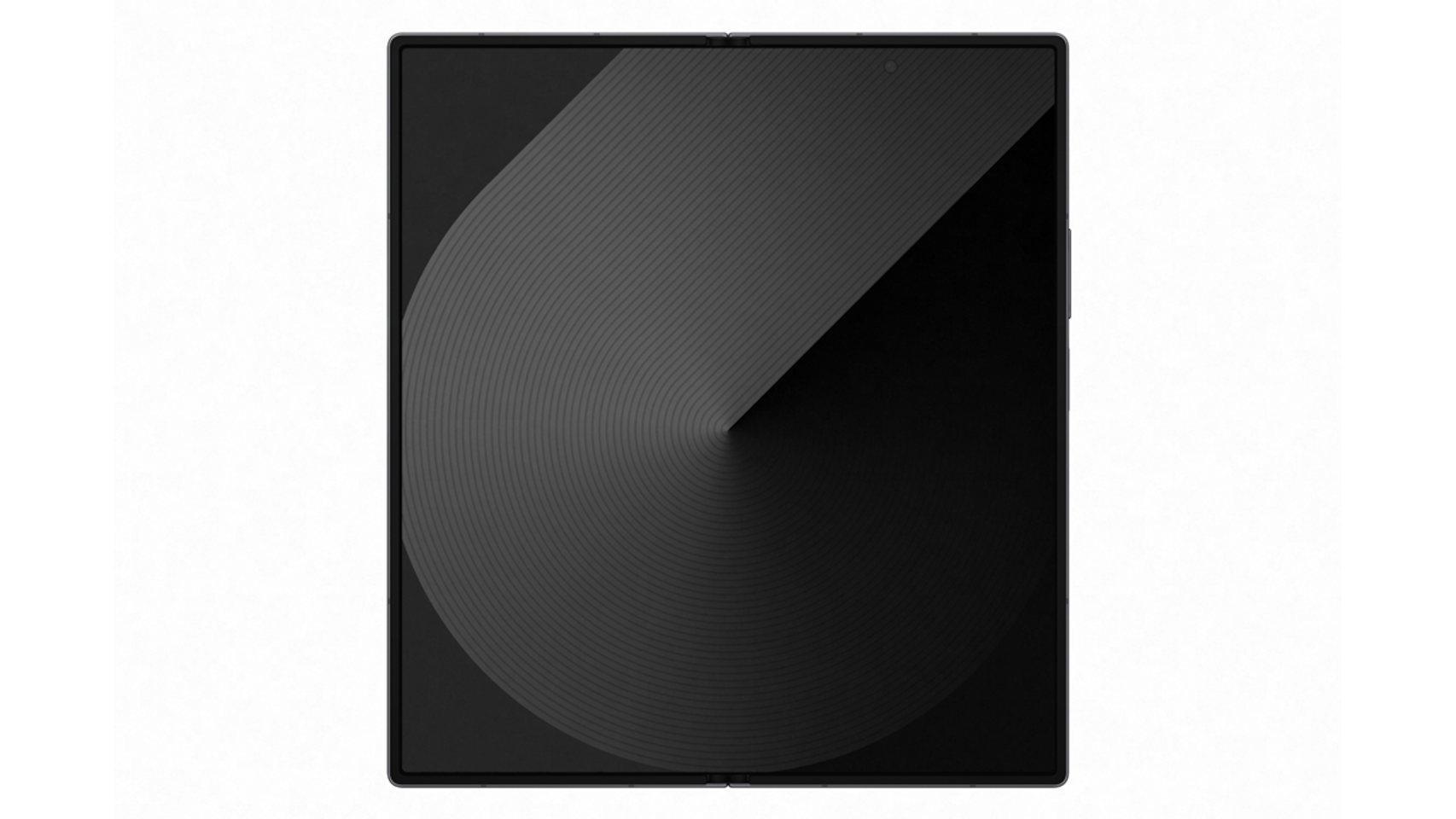Independent technology journalist Tim Culpan reports that Apple is currently in early-stage production of A16 chips at TSMC’s new Arizona factory.
The A16 is manufactured on an advanced 5nm (some call it 4nm) process that TSMC calls N4P. This is reportedly the same process used at TSMC’s Taiwan fab, and the Arizona fab appears to have yields (the percentage of usable chips per silicon wafer) that are only slightly lower than those of the Taiwan fab. The process is being improved, and yield parity will likely be reached when the fab enters full-volume production in early 2025.
The A16 was the chip used in the iPhone 14 Pro and regular iPhone 15, which Apple still makes and sells.
It’s not yet clear where Apple will use the A16 chips made at TSMC’s Arizona plant. They’re reportedly suitable for the 7th-generation iPad mini, the 11th-generation iPad, or as an upgrade to the Apple TV 4K. They could also end up in next year’s iPhone SE. It’s unlikely that any products released this year will use chips from the Arizona plant, but will instead rely primarily on chips from TSMC’s Taiwanese factories, perhaps supplementing or replacing the supply with chips from the Arizona plant early next year.
Even though the main silicon for these A16-powered devices is made in Arizona, Apple has not committed to assembling iPhones, iPads, or Apple TVs in the United States. Nearly all of Apple’s products are made by Foxconn and Pegatron in countries like China, India, and Taiwan, using parts sourced from around the world.









